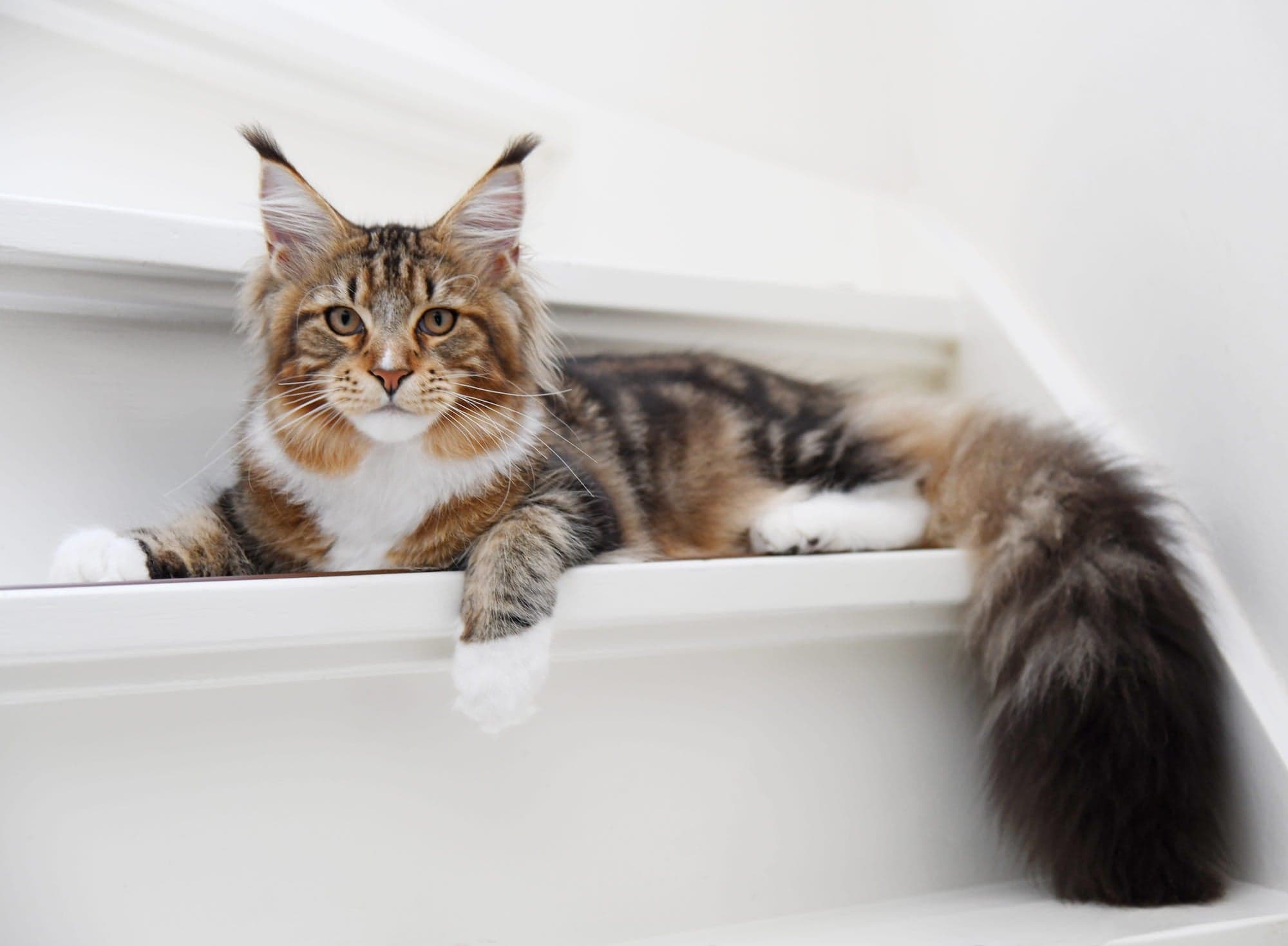Chronic Kidney Disease (CKD) is a disease common in both cats and people. If your veterinarian has determined that kidney damage has been ongoing for more than 3 months, it is considered chronic and will require close monitoring and intervention.
These are a few of the many terms used to describe CKD in cats including the following:
Chronic Renal/Kidney Disease (CKD)
Chronic Renal/Kidney Failure
Chronic Renal/Kidney Insufficiency
Renal/Kidney Disease
If the loss of normal function happens quickly, it's referred to as acute kidney disease. Acute kidney disease is caused by sudden events that injure the kidneys, for example, a cat ingesting toxic antifreeze from a car, a blood clot forming in the kidney, a bacterial infection in the kidney or mineralized stones blocking urination. Acute kidney disease can strike at any age. Fortunately, if it's diagnosed and treated promptly, the damage to the kidneys can often be reversed.
Chronic kidney disease is a set of signs and symptoms that are caused by progressive degeneration of functional kidney tissue. Although we do not know the exact cause of CKD, the disease progression can be slowed down with proper care and your cat can live a happy and healthy life.
How do normal kidneys work?
Kidneys play a really important role in our bodies as well as the bodies of our cats. Kidneys rid the body of toxins that otherwise would accumulate and cause disease.


Healthy kidneys are walnut-sized organs located in your cat's abdomen just below the spine. Their main role is to filter excess fluid and toxic waste products from the body into the urine. Inside the normal kidney, there are thousands of filtration units known as nephrons. As the heart pumps blood into the kidneys, fluid, waste products and salts, known as electrolytes, are carried to the kidneys from other areas of the body. Inside the nephrons, these are filtered from the blood. This filtered fluid then moves through a system of tubules. In the tubules, some fluid and electrolytes are absorbed back into the blood to maintain normal levels in the body. Meanwhile, excess fluids, electrolytes and harmful toxic waste products are collected into the urine for excretion.
What happens to the kidneys with CKD?
In kidney disease, these filtering and absorption mechanisms fail if too many nephrons are injured. Bodily fluids and some electrolytes become depleted and toxins begin to accumulate causing outward signs of illness.
The exact cause of chronic kidney disease remains a mystery but what we do know is that most cats with this disease develop scar tissue in their kidneys. It slowly replaces the healthy nephrons over time.

What should I look for?
It’s important to know that CKD is a major health problem in cats and it becomes more common in older cats. One in every 30 cats and up to 30% of geriatric cats are suffering from chronic kidney disease. Maine Coon, Abyssinian, Siamese, Ragdoll, Russian Blue, Persian, and Burmese breeds have a higher risk for developing CKD.
Recent advances in diagnostic testing have made it possible to detect CKD earlier with routine blood testing at your veterinarian. Cats with early-stage CKD are asymptomatic so it is critical to visit your veterinarian regularly and follow their recommendations for baseline blood testing.
Unfortunately, signs of kidney damage are only apparent at later stages of the disease. The buildup of waste products in the body due to decreased filtration by the damaged kidneys can cause your cat to not feel well. The following are signs you can look for to determine if your cat may be suffering from chronic kidney disease:
Increased drinking/thirst
Weight loss
Decreased appetite
Increased urination
Vomiting
Diarrhea
Lethargy/Anorexia/Weakness
What should I do if I suspect CKD in my cat?
Today cats with kidney disease can live a longer and healthier life thanks to improved dietary and drug therapies. You can play an important role in your cat's health by learning to recognize the warning signs of kidney disease. If you have an adult cat and have noticed these signs and symptoms, schedule an appointment with your cat’s veterinarian right away.
Free cat parent webinar with esteemed veterinarians Margie Scherk, DVM, DABVP (Feline Practice) and Julie Churchill, DVM, PhD, DACVN, (Nutrition) October 26, 2021. RSVP on Eventbrite.
Participate in Basepaws CKD Research. #LetCatsDoScience
Has your cat been clinically diagnosed with CKD by a veterinarian?
Apply to our CKD Citizen Science Program and get a free Cat DNA + Dental Health test




